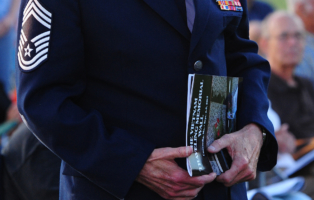Life after war is intrinsically political for former combatants. As wars end, societies and former combatants face a period of transition. This book explores the experience of coming home for former combatants, capturing the challenges and opportunities for political mobilization among former combatants as they return from three very different wars: South West Africa People’s Organization combatants who participated in the Namibian War of Independence (1966-90); guerrillas from Movimiento 19 de Abril who joined the ongoing guerilla warfare conducted against the Colombian state (1974-90), and combatants from the United States who participated in the Vietnam War (1955-75).
Offering an insightful perspective on peace as a process through the long-term study of the lives of fifty former combatants, Söderström demonstrates how the process of coming home shapes their political commitment and identity. Combining detailed scholarship with interviews with former combatants, this volume serves as a powerful reminder of the legacies of war in the lives of former combatants.
About the Author
Johanna Söderström is a Senior Lecturer in political science at the University of Uppsala. She was a Fellow at NIAS in 2017/18. Her research concerns challenges facing new democracies, especially as seen from below among regular citizens (and less regular citizens, like ex-combatants). Her work primarily focuses on the dynamics of post-war citizenry participation, especially in the intersection between peacebuilding and democratization.
Söderström also has a strong methodological interest, and likes exploring different forms of interviews, such as focus groups and life history interviews. Recently she published an article that discusses the advantages of drawing a life diagram during life history interviews.
Learn more about the content of the book, life diagrams and the policy implications in the video below.


